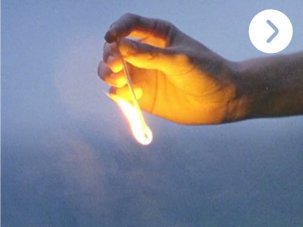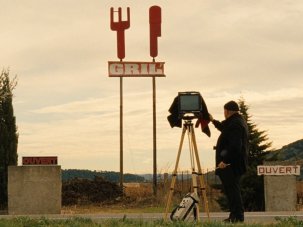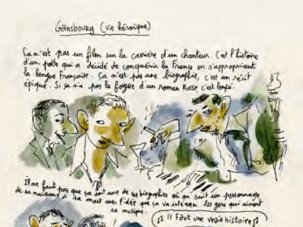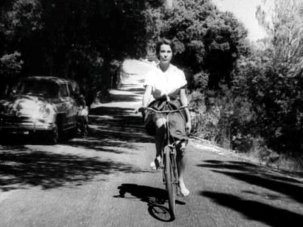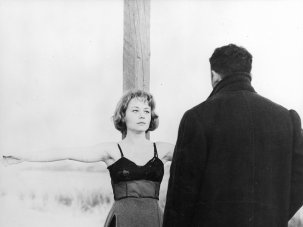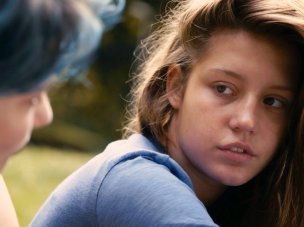Web exclusive
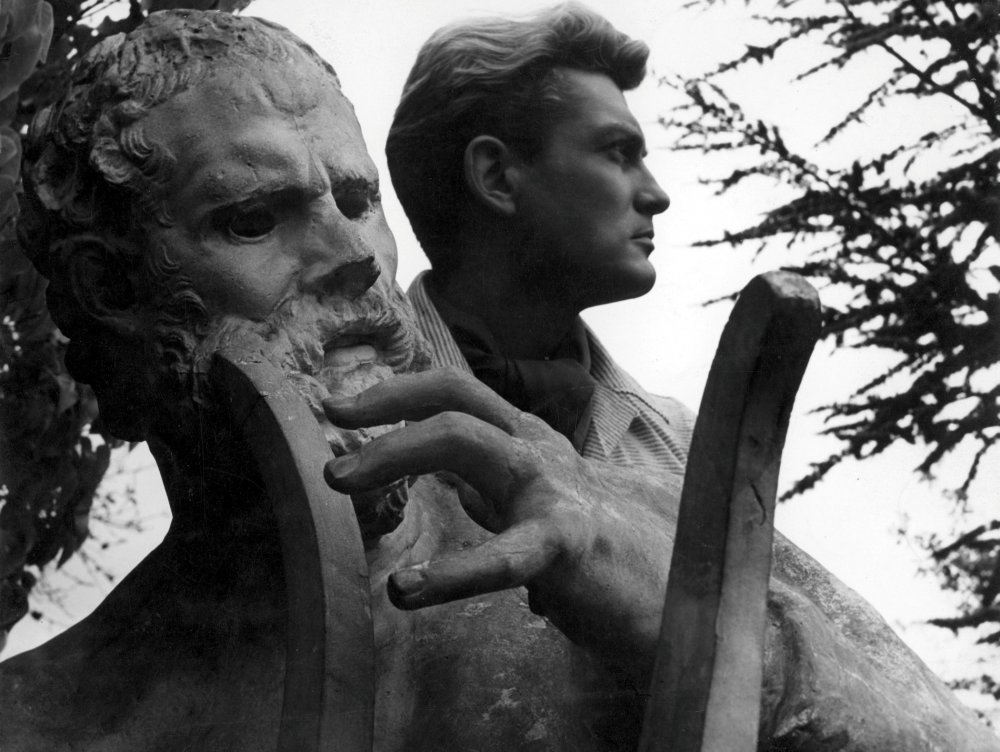
Jean Marais in Jean Cocteau’s Orphée (1950), screening in this year’s Borderlines Film Festival
I first came to the Welsh Borders in the 1980s when going out to a film was a rare and risky venture. Now, thanks to digital and a network of film societies, you’re never far from a notice board announcing a community screening or even a newly-furbished boutique cinema.
Borderlines Film Festival 2014
28 February-16 March 2014 | venues across Herefordshire and Shropshire, UK
For the past dozen years the Borderlines festival has been central to this revival of film culture. Its imaginative programmes travel into colleges and local halls as well as theatres – some 32 venues this year along the borders of Shropshire and Herefordshire with Wales. Programmer David Sin balances recent releases and previews (including Lukas Moodysson’s We Are the Best, Joanna Hogg’s Exhibition, Mark Cousin’s A Story of Children and Film and Singaporean director Anthony Chen’s debut Ilo Ilo) with films by local filmmakers, both established and student.
There are so many ways you can slice cinema – themes, aesthetic, chronology – and the programme this year creates a number of categories. To the most land-locked part of Britain (though strong on mountains and rivers!), Borderlines brings films connected with the sea alongside a selection by Kore-eda Hirokazu. And as the patron of the festival, grateful for the support of the Institut Français, I can invite audiences to meet a handful of my French screen heroes.
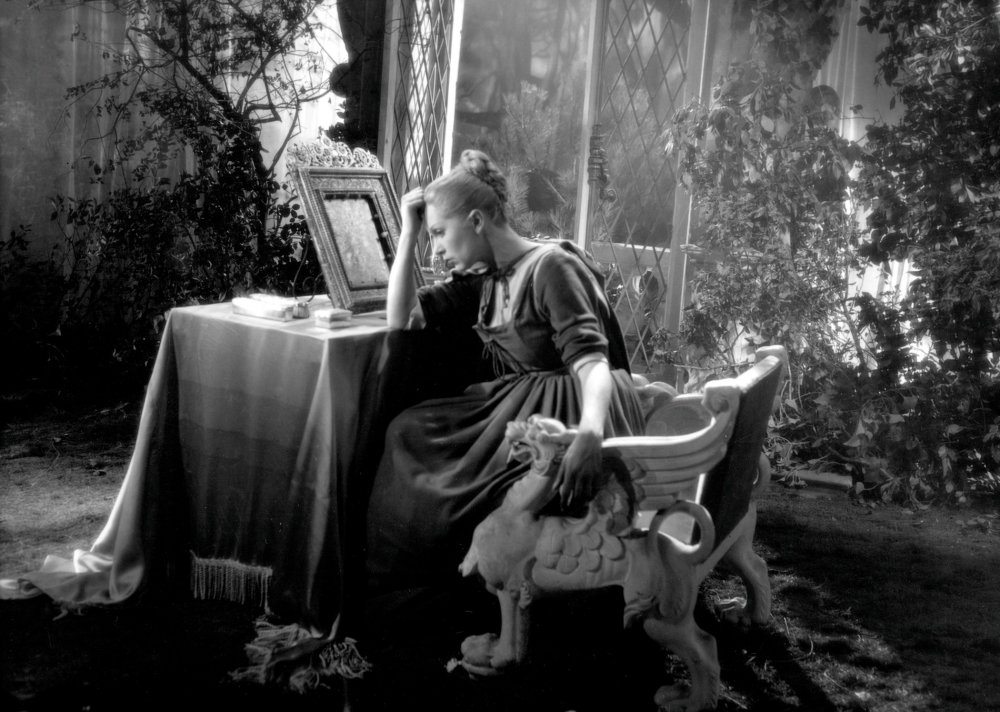
Cocteau’s newly restored La Belle et la Bête (1946), another of this year’s Borderlines titles
One side of my family is French; my tiny, stylish great-aunt was very much part of my childhood. She appreciated that particularly French institution, the star – Moreau and Deneuve, yes, but also Mistinguett and Arletty. Through her I met Jean Marais and Jean Gabin, although initially only in magazines or on television (back in the day when broadcasters were unafraid to show subtitled films).
A school film society introduced me to Trintignant and Belmondo. By the time I was a student, Depardieu was on the rise. French actors were rarely heroic in the Hollywood sense but – as befits the nation of cinema pioneers – they controlled the screen and colonised your imagination.
My heroes this year are male since a Frenchman, Max Linder, most inventive and adorable of screen comics, was the first truly international star. He’s paired with another dapper charmer of the pre-WWI era, the ruthless master-criminal Fantômas (interpreted in countless guises by René Navarre and worshipped by the young Jean-Paul Sartre).
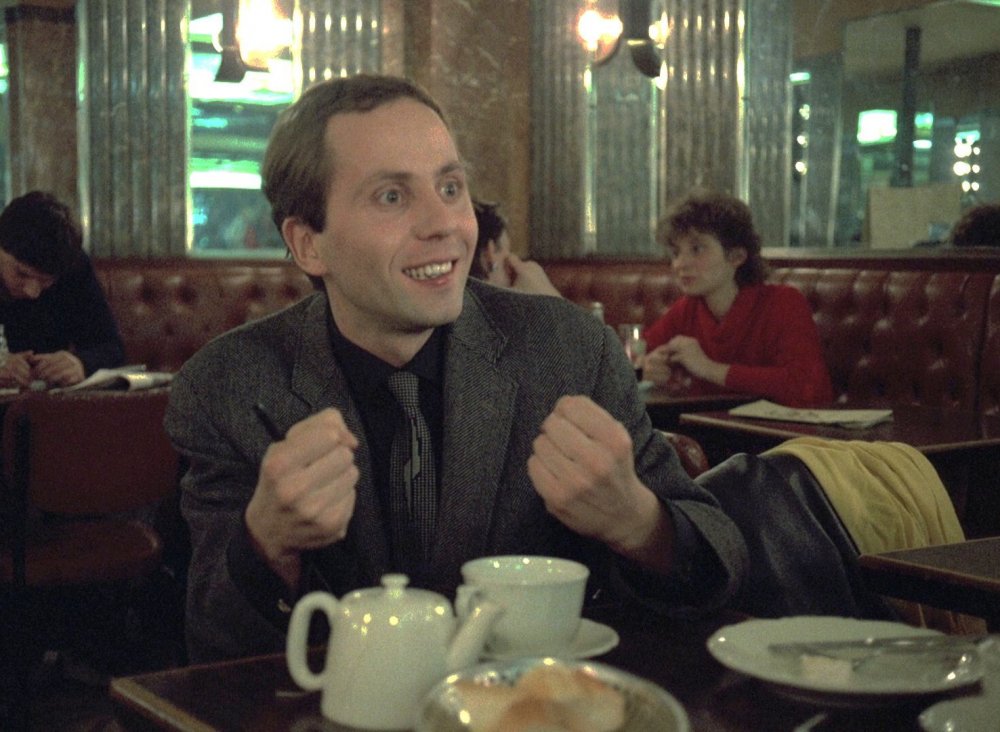
Fabrice Luchini in Eric Rohmer’s Full Moon in Paris (Les Nuits de la Pleine Lune, 1984)
The personal troubles of Jean Gabin’s ironworker in Le Jour se Lève (1939) presage imminent political conflict and confusion, whilst there’s no more elegant or stylised expression of art under fascism than Jean Marais in Orphée. Belmondo’s way with hat, cigarette and girl kicks over the traces whilst still in debt to American culture.
Fabrice Luchini is less known outside France but I’ve long admired his layered insights – intellectuals who cannot fathom themselves; Full Moon in Paris (Les Nuits de la Pleine Lune) is a 1980s gem. From the post-Dreyfus, pre-war paranoia of Fantômas to the powerful immigrant intelligence of Tahar Rahim’s prisoner in A Prophet, these characters are very French and utterly compelling.
All the same, to have to choose just these few… It leaves you, as many of these films do, with a certain tender regret.




